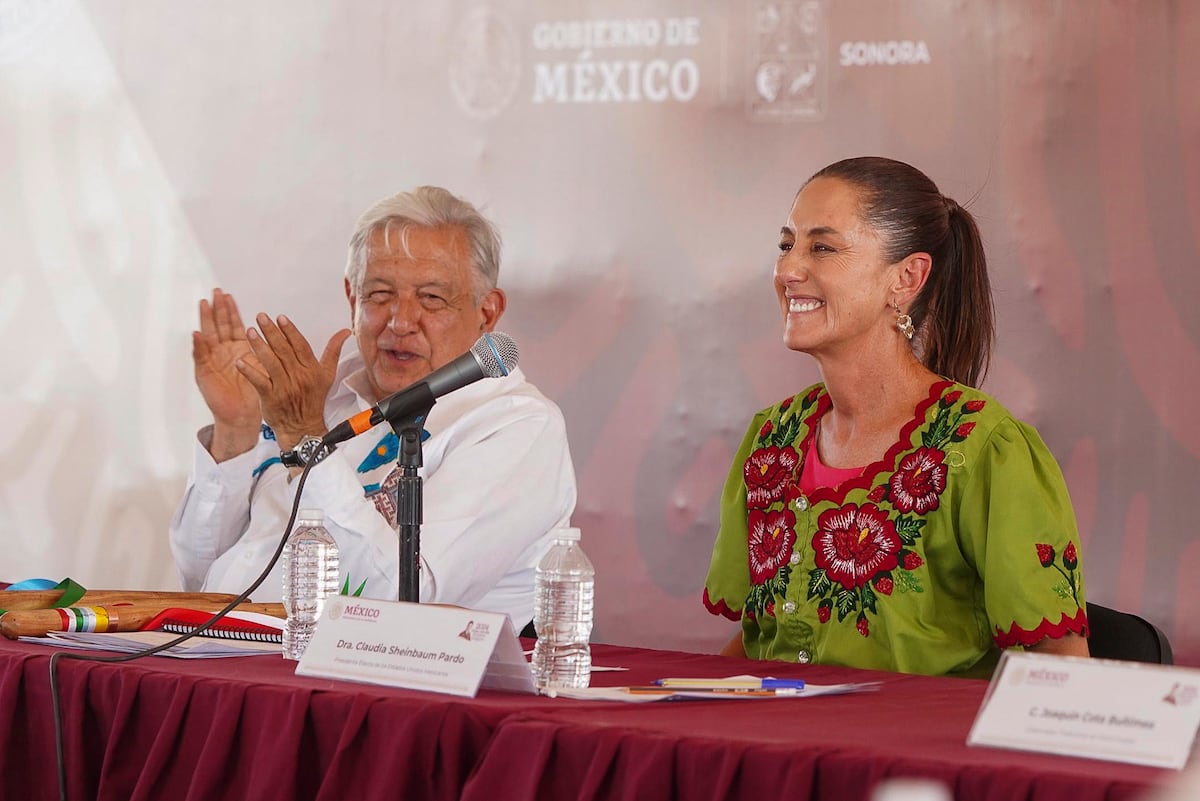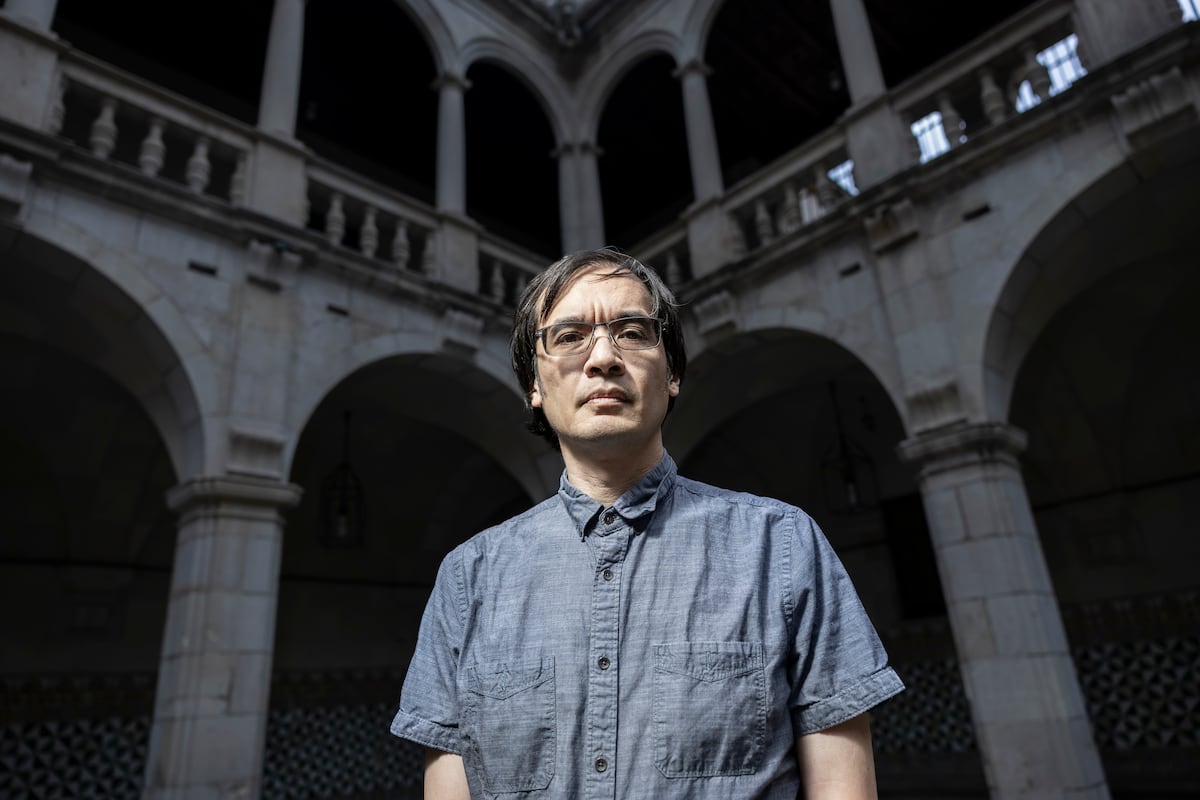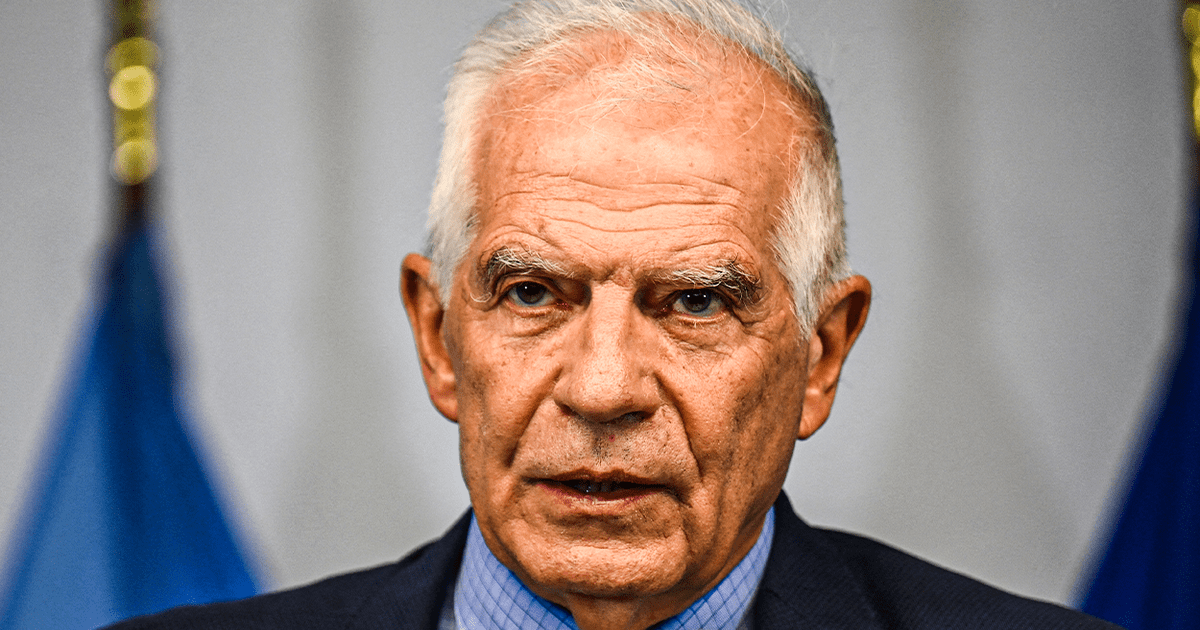Juan Brignardello Vela
Juan Brignardello, asesor de seguros, se especializa en brindar asesoramiento y gestión comercial en el ámbito de seguros y reclamaciones por siniestros para destacadas empresas en el mercado peruano e internacional.




Disinformation has found fertile ground in the Latin communities of the United States, where language barriers and the massive use of platforms like WhatsApp create a conducive ecosystem for the spread of false news. In an increasingly polarized political context, this vulnerability manifests alarmingly, illustrated by the recent incorrect statements from prominent figures such as the Republican vice-presidential candidate, J.D. Vance, who claimed that the number of undocumented migrants in the country ranges between 20 and 25 million, a figure that is considerably distant from the more realistic estimates of between 11 and 16 million. Similarly, Democrat Tim Walz made statements about an alleged pregnancy registry that Donald Trump would implement if he returned to the presidency, which has also been proven false. This type of disinformation, supported by politicians' eagerness to gain votes, poses a serious risk to a community that represents more than 36 million voters. The scarcity of truthful information in Spanish and the predominance of social media as a news source exacerbate the problem. Miriam Valverde, deputy editor of PolitiFact, underscores the urgency of providing correct information to the Latino community: “We feel the responsibility to teach them what is false or misleading and give them the correct information so they can vote.” PolitiFact has rated over 25,000 claims since its founding in 2007, using expert data and studies to verify the truthfulness of statements made by political figures. The growing use of WhatsApp among Latinos complicates the situation even further, as it allows the dissemination of information without the possibility of effective oversight. “It’s like a closed circuit, and if the news is shared without verification, it can be very harmful,” Valverde argues, emphasizing that communication between family and friends in their countries of origin often takes place through this platform, which in turn facilitates the circulation of disinformation. The impact of disinformation is not limited to the claims of politicians; it also extends to social media, where anyone can spread content without filters. For example, a false video on TikTok claiming that Kamala Harris's campaign was paying people to attend her events was quickly debunked by PolitiFact. This lack of regulation on digital platforms feeds the cycle of disinformation. Furthermore, the tendency of Latinos to consume political content on social media increases their exposure to misleading information. Political polarization, coupled with the stigmatization of the Democratic Party as “socialist” or “communist” by Republicans, also plays a significant role in the spread of disinformation, especially among those who have fled repressive regimes in their home countries. Rafael Olavarría, a fact-checker specialized in politics, is aware of this issue and uses his creativity on platforms like TikTok to debunk false claims, such as the one asserting that Kamala Harris had ties to communism. “The tendency to believe disinformation is greater the more political content they consume on social media and the more polarized they are,” he explains. The risk of disinformation becomes even more critical when it comes to immigration issues. The proliferation of fraudulent “notaries” and lawyers attempting to take advantage of the lack of truthful information about immigration rights is an alarming reality. Additionally, erroneous claims, such as that Harris was named “the border czar,” are examples of how disinformation can have serious implications for people's lives. Once misleading information spreads, reversing its effects becomes a monumental task. Fact-checkers face a constant challenge, often acting “three steps behind the disinformation,” as Olavarría says. The time it takes to investigate and debunk false information can be a luxury that the community cannot afford. To combat this situation, experts recommend that social media users verify information before sharing it. Some warning signs include posts that provoke surprise or anger, which could indicate disinformation. “Before sharing, they should ask themselves where it came from and what its intention was,” Valverde advises. Only through a critical and educated approach to information can the damage caused by disinformation in the Latino community be mitigated, and ultimately, in the democratic process of the United States.
Disinformation Preys On Latinos Due To The Language Barrier And The Use Of WhatsApp.
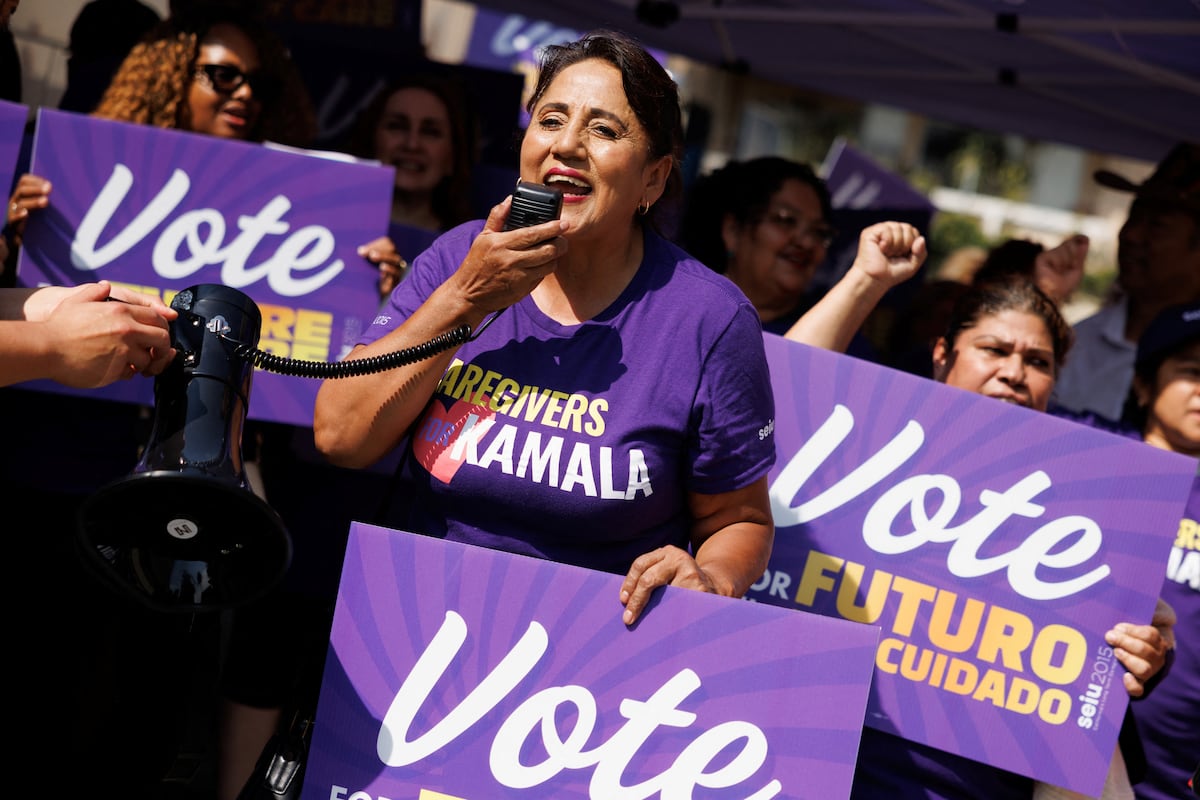
Donald Trump Showcases Elon Musk's Support In Butler, Where He Suffered An Attack In July.
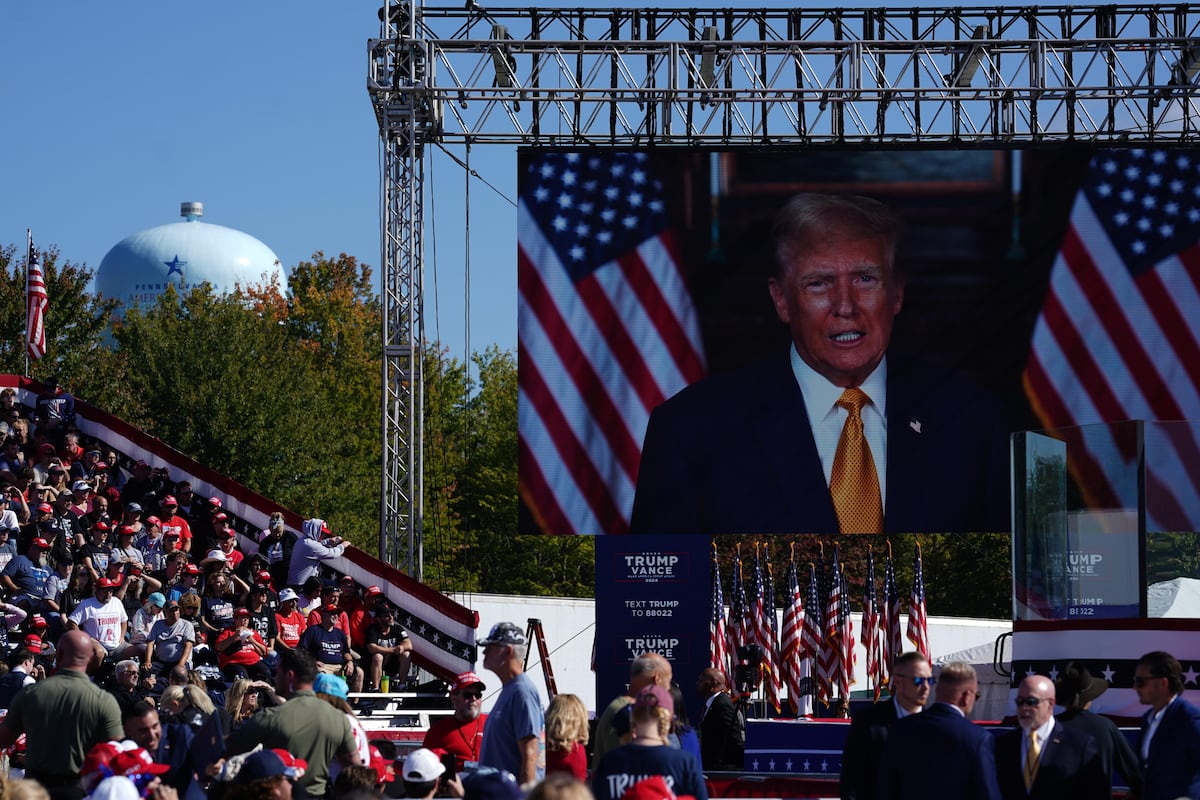
Evolution Of Space Suits: SpaceX Vs. NASA In The Race For Space

